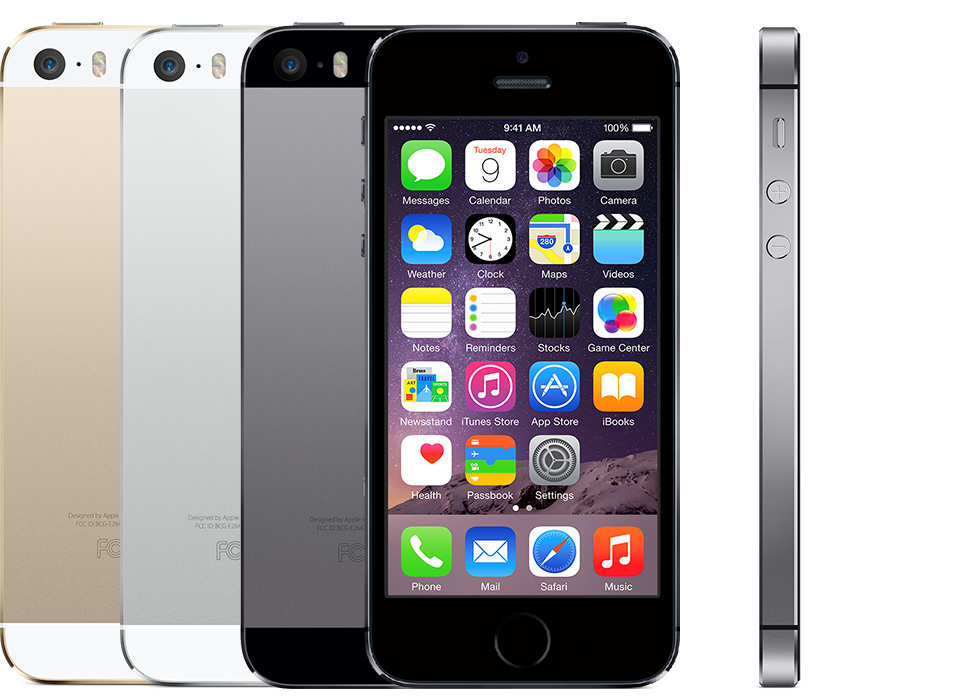The idea that our smartphones are somehow sacrosanct and should be off-limits to the government is a sincere wish, but also an exercise in a kind of naïve romanticism about our phones and digital technology.
What are our smartphones, after all, other than digital file cabinets, housing information that otherwise is and always has been available to state and federal authorities properly equipped with search warrants? We have no expectation that our phone records, our emails, our social media posts, our tax returns, our bank and credit card records – indeed, anything in our possession – is absolutely off-limits to executive powers of government. In fact, we go about blindly throughout our lives leaving trails of data that we know could be attained by the authorities under legal pretext, or even illegal pretext, as the case too often may be.
Why, suddenly, are we aghast that the FBI, armed with a court order aka a search warrant, wants to see the contents of a murderer’s iPhone? What is materially different about an iPhone than the searches that have presumably already taken place of his home, places he frequented, and every other bit of financial, social, and personal data the government could track down?
I fear that in our haste to claim some kind of ultimate right of privacy for the contents of our smartphones, we really are simply romanticizing these devices, investing them with some kind of sacredness, that what exists inside of them is somehow different from anything else, more private, more in need of protection.
There is absolutely no reason to think that this is the case. And how different is it, really, to exclaim to the government, “Keep your hands off my iPhone” than it is to say, “Keep your hands off my guns”? In both cases, the knee-jerk impulse is irrational, based on a wholesale loss of perspective of what the real issues at hand are, and a delusionary sense of loss of one’s personhood should the government lawfully seize a mere object.
I have no illusions that the US government or foreign governments could mishandle the power to seize the data in people’s smartphones. But withholding those contents in every case is not the answer, any more than not surrendering one’s assault rifle is the answer to preserving the second amendment. That is an entirely different battle that needs to be fought – to insure that the government does not abuse its power.
It’s easy to assume that the government will abuse its power, of course. History and common sense teaches us that it most likely will. But that is where the battle lines must be drawn. That is a political struggle worth fighting.
But telling the FBI that it ipso facto has no right to the data on a phone, or arguing, as Apple does, that somehow its brand will be damaged if a suspected terrorist’s phone is unlocked, is a strawman argument doomed to fail. Anyone who is that deluded about the connection between personal privacy and an iPhone really should just stop using the damn thing and plug in a rotary phone, write letters by hand or on a typewriter and send them, along with bill payments, through the mail. And hope that – or rather, see to that – the government doesn’t open your envelopes.


3 comments for “In Defense of Unlocking Our Smartphones”